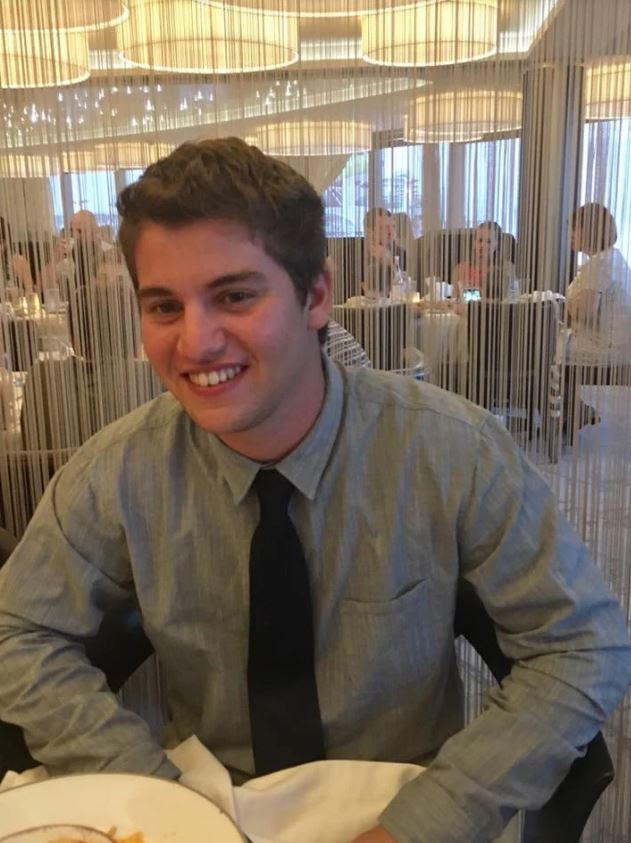Photo: israaid.org

On January 12, 2010, a major earthquake rocked the foundations of Haiti. Within 24 hours of the disaster, a team of 220 medical personnel and rescuers from Israel had traveled thousands of miles to provide assistance. Over the next five years, as other countries came and left, the tiny state of Israel remained on the ground, providing vital humanitarian aid, which saved the lives of hundreds of Haitians.
Israel’s efforts in Haiti are one of many governmental and non-governmental humanitarian aid operations since its independence in 1948.
This commitment to such active humanitarian efforts is Israel’s attempt to pursue the Jewish value of “Tikkun Olam.” The direct translation is the act of “repairing the world” — and these efforts to repair and improve the world are supposed to bring us closer to our creator, and show that everyone has an important role to play in making the world a better place.
Another example of this ethos is the Israeli non-profit Save a Child’s Heart (SACH). The organization’s mission is to provide free pediatric cardiac care in countries that struggle to provide such medical services. Since 1995, SACH has saved the lives of over 5,100 children, trained doctors, and helped facilitate the construction of heart clinics so that children can receive care even after SACH has left the country. SACH has also been active during the COVID-19 crisis.
Israel’s pursuit of repairing the world does not stop when Gaza or Syria experience humanitarian crises. Humanitarian NGOS can see past the complexities of geopolitics and help innocent people in any country, even those in conflict with Israel. For instance, SACH has saved over 2,500 patients in the West Bank and Gaza, showing that politics are not a barrier to Tikkun Olam.
Other organizations, like NATAN, build clinics in Gaza to provide trauma, medical, and dental care to those suffering there. The point is that Israelis are willing to help anyone, even those that deny their right to exist.
None of this is an attempt to wash over the complexities of the Israeli-Palestinian conflict. Rather, the point is to show that two things can be true at once. Israel is full of people and organizations that genuinely strive to make the world a better place, while also being a state that naturally has its flaws. To ignore the amazing work of Israelis across the world for a political agenda is an attempt to deny Israel its humanity.
As vice president of my university’s Aggies for Israel group, I feel it is necessary that my organization shows the UC Davis community the good that our homeland can bring to the world. We want to put forth an image of Israel that is more than just the seemingly endless conflict there.
Every quarter, we hold non-political events like our “Meal that Heals” fundraiser that show this often-neglected image of Israel. We believe by encouraging students to look beyond the conflict, they will develop a more nuanced human perspective of the Middle East.
Originally published in The Algemeiner.
Contributed by 2019-2020 University of California – Davis CAMERA Fellow Jacob Greenstein.

